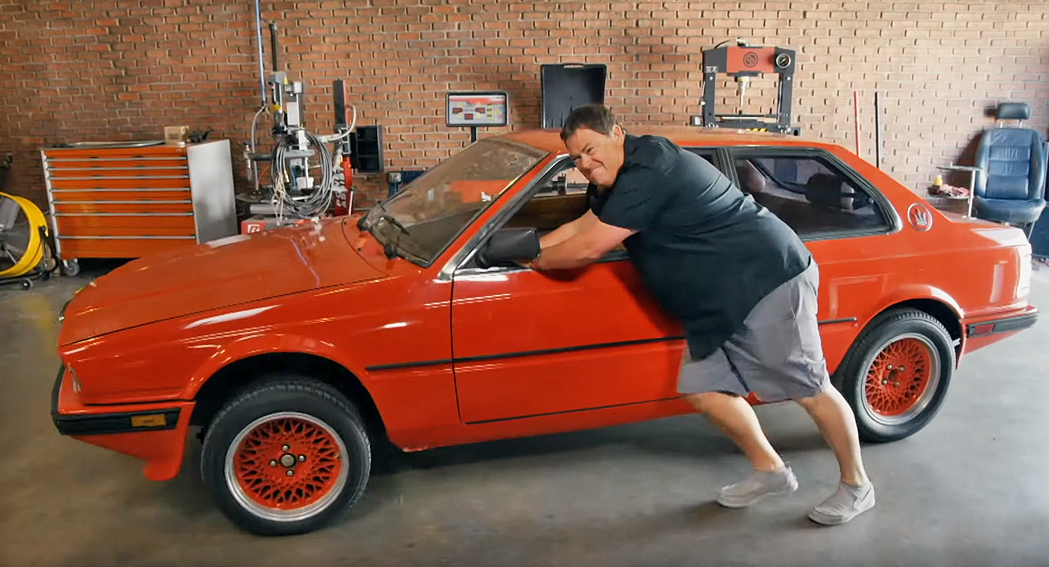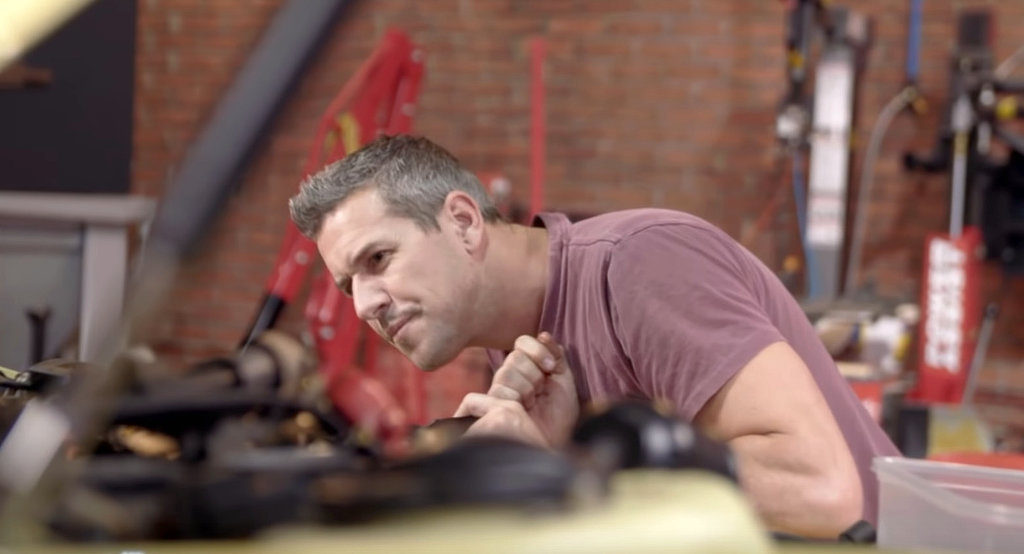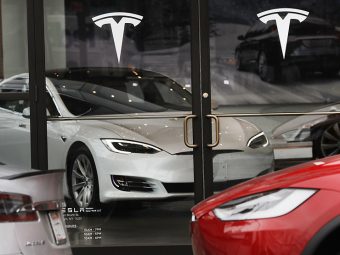Buying your first car is super exciting – you finally have travel independence and valuable possession of your very own. However, motor vehicles aren’t cheap to buy, and they come with numerous extra costs. Here is a quick guide to the actual cost of buying your first car.
Purchase
Cars are a large purchase and usually cost a few thousand dollars unless you are happy to give a home to an old banger.
You can save up diligently to buy a car, get a loan from a bank or your parents or enter a financial agreement with a car dealer.
Do some research and decide what type of car you would like and what suits your needs. Find out the average price of that vehicle and then determine how you will finance the purchase.
Add-Ons And Upgrades
Whether you’re buying a brand-new vehicle or a used one, there are plenty of ways to make it your own and reflect your personal style. But before you start shopping for the perfect set of wheels, it’s important to understand the potential costs involved in customizing your car.
Some of the most common ways to customize a car include adding or upgrading the stereo system, installing new wheels and tires, investing in personalized number plates, adding exterior and interior accessories, and getting paint and body work done. Depending on the upgrades’ extent, the costs can range from a few hundred to a few thousand dollars.
Insurance
Taking out a car insurance policy to cover you from the minute you drive your car out of the showroom will ensure that you are financially protected for any damage incurred to your vehicle or another person’s car if you are involved in an accident, or your vehicle is stolen. The cost of the insurance policy will depend upon the make, age, mileage of your car, where it is kept overnight, how often you use it, and what you intend to use or for – business or pleasure.

When you buy a brand new car, it will have a manufacturer’s warranty which will cover any costs if any major components and equipment in the vehicle unexpectedly fails, such as the engine, suspension, transmission, and electrics. Often it makes sense to keep the warranty going after it expires to protect you against hefty mechanic fees. Look for reputable extended car warranty companies online for a deal best suited to your requirements.
Fuel
You will need to budget for fuel every month. Work out the average miles you will notch up and put some money aside to cover this. If you use the motor vehicle to commute to work, expect to spend a large percentage of your monthly wage on fuel.
Electric and hybrid cars are cheaper to run but cost more to purchase, so weigh your options carefully.
Servicing
To keep your car in good shape, it is advisable to get it serviced every 6-12 months. A mechanic may change the oil during a service, replenish brake fluid, replace filters, and check the steering, brakes, lights, tires, and exhaust. A full service can cost up to $500.

If you live in an area where the winters are icy and snowy, you will probably need two sets of tires – one for winter and one for the rest of the year. In some countries, winter tires are compulsory as these tires are made from a unique rubber that enables them to grip exceptionally well on the road
Tax
Some countries require you to pay tax according to the emissions it passes through the exhaust into the atmosphere.
Some states in the USA charge a tax of around $670 per annum – such as excise or ad valorem taxes which are calculated on the depreciated value of your car each year. Some states require you to pay registration fees.
When buying your first car, make sure you shop around as there are plenty of bargains to be had.








